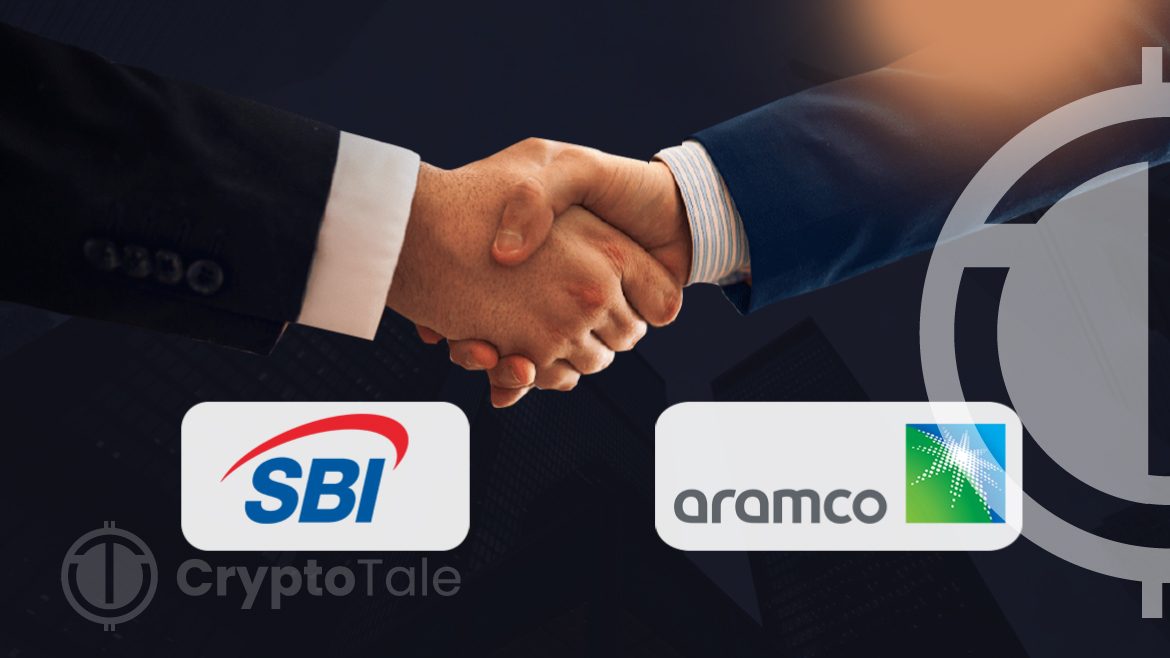- SBI Holdings announces a strategic partnership with Saudi Aramco, focusing on digital asset investment and semiconductor production in the Middle East.
- The partnership includes the establishment of SBI Middle East in Riyadh and potential collaboration in digital assets and semiconductor projects.
- Deutsche Bundesbank report highlights Ripple’s potential in financial innovation while noting legal and exchange rate risks.
SBI Holdings, a leading partner for blockchain firm Ripple, has recently announced a strategic partnership with Saudi Aramco, the state-owned oil giant of Saudi Arabia. This collaboration, formalized through a memorandum of understanding (MoU), marks a significant advancement in SBI’s expansion into the Middle East. The focus of this partnership is on digital asset investment and semiconductor production.
The MoU, signed on December 7, outlines the potential collaboration in digital assets and co-investment in digital asset portfolios. A key aspect of this partnership is the establishment of SBI Middle East in Riyadh, which will serve as the operational base in the region. The alliance aims to identify Japanese digital asset startups interested in expanding to Saudi Arabia and initiate semiconductor production projects in both countries. The MoU also leaves room for expanding the scope of the alliance upon mutual agreement.
Saudi Aramco, recognized as the world’s second-largest corporation by revenue after Walmart, has shown interest in strategic investments. These investments are aimed at complementing its existing supply chain. Despite cryptocurrency not being legally recognized in Saudi Arabia, the government has shown an increasing interest in Web3 technologies.
SBI Holdings’ recent activities in the Middle East feature a notable joint venture with Standard Chartered’s fintech arm, SC Ventures. Initiated in November, this venture aims to establish a new investment company based in the United Arab Emirates (UAE). This move was followed by a partnership with UAE-based TradeFinex in September to localize TradeFinex’s XDC Network enterprise blockchain in Japan.
Furthermore, SBI Holdings’ has also made major strides into the realm of digital currencies. The firm’s recent alliance with Circle, the issuer of the USDC stablecoin, aims to boost USDC circulation and Web3 services in Japan, subject to regulatory approval.
Amidst this backdrop, a report by Deutsche Bundesbank, Germany’s central bank, released in July, has highlighted Ripple’s potential to disrupt the financial landscape. The report discusses the rise of distributed ledger technology (DLT) and blockchain in reducing friction in cross-border transfers.
It specifically cites RippleNet’s efficiency in bringing together payment service providers and its on-demand liquidity (ODL) solution, which allows fund transfers without pre-funding. However, the report highlighted the legal and exchange rate risks associated with using XRP, Ripple’s cryptocurrency. This concern is particularly relevant in light of Ripple’s ongoing lawsuit with the U.S. Securities and Exchange Commission (SEC). It is important to note, however, that the SEC has dropped charges against Ripple executives.






